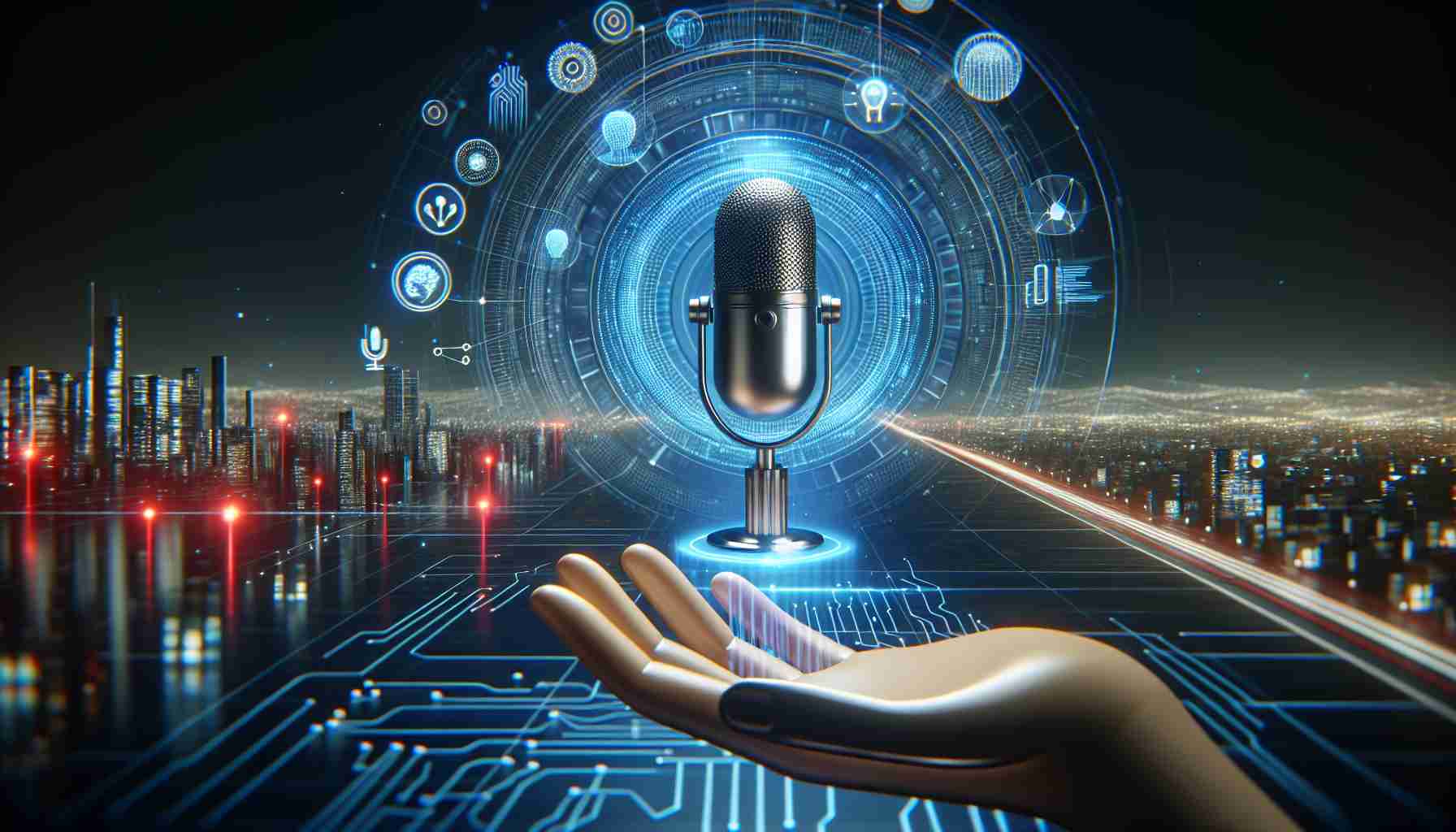OpenAI, a pioneer in the realm of artificial intelligence, has unveiled its latest breakthrough in voice cloning technology. This innovative Voice Engine technology allows the replication of an individual’s voice with remarkable accuracy using nothing more than a brief 15-second audio sample. The implications of this advancement in the voice assistant industry are far-reaching and hold immense potential for various applications.
While OpenAI has chosen not to release the technology to the public for the time being, the decision is rooted in a deep-seated concern for safety and ethical considerations. The risks associated with the misuse of voice cloning technology are substantial, particularly in scenarios where speech closely resembling an individual’s voice could be exploited for deceptive purposes.
Looking beyond the immediate applications of this technology, OpenAI remains cognizant of the broader societal implications, especially in sensitive contexts like political campaigns. The recent incident during the New Hampshire presidential primary, where AI-generated voice robocalls impersonating prominent figures were deployed, serves as a stark reminder of the ethical tightrope that accompanies such advancements.
In response to these concerns, OpenAI has implemented rigorous measures to ensure the responsible use of Voice Engine technology. Early testers of the technology are bound by strict agreements not to impersonate individuals without explicit consent and are required to disclose the artificial nature of the synthesized voices. This proactive stance underscores OpenAI’s commitment to averting potential risks related to identity fraud and malicious activities.
As OpenAI charts its trajectory in the realm of voice assistant technologies, its strategic moves align with a broader vision of innovation and responsible AI deployment. While the company has refrained from widespread dissemination of Voice Engine, signs suggest a deeper dive into speech recognition and digital voice assistant domains. The trademark application filed by OpenAI hints at an impending expansion into these spheres, positioning the company to challenge established voice technology players like Amazon’s Alexa.
Through its unwavering commitment to safety, ethical use, and technological advancement, OpenAI sets a formidable precedent in the AI landscape. The possibilities ushered in by Voice Engine technology are vast, underscoring the transformative potential of responsible AI innovation in shaping our interconnected world.
**ЧАВО (Часто задаваемые вопросы):**
Q: Что такое технология Voice Engine?
A: Технология Voice Engine от OpenAI позволяет клонировать голос человека, используя всего лишь 15-секундную аудиозапись его речи.
Q: Почему OpenAI не выпускает эту технологию для публичного доступа?
A: OpenAI опасается потенциального злоупотребления и рисков, связанных с созданием речи, похожей на голоса людей, особенно во время выборов.
Q: Как OpenAI обеспечивает ответственное использование технологии?
A: Первые тестеры Voice Engine обязуются не подделывать голоса людей без их согласия и обязаны указывать, что голоса созданы искусственным интеллектом.
Q: Какие другие технологии ранее анонсировала OpenAI?
A: OpenAI ранее представила видеогенератор Sora без широкого выпуска.
**Источники:**
— Ознакомиться с технологией Voice Engine от OpenAI можно на сайте компании [здесь](https://openai.com/voice-engine/).
— Дополнительные сведения о заявке на торговую марку доступны по ссылке [здесь](https://trademarks.justia.com/901/34/openai-90134377.html).
Для дополнительной информации вы можете посетить веб-сайт OpenAI, чтобы узнать больше о их технологии Voice Engine [здесь](https://openai.com/voice-engine/). Также обратитесь к заявке на торговую марку, поданной OpenAI, для более подробной информации [здесь](https://trademarks.justia.com/901/34/openai-90134377.html).
The source of the article is from the blog windowsvistamagazine.es
